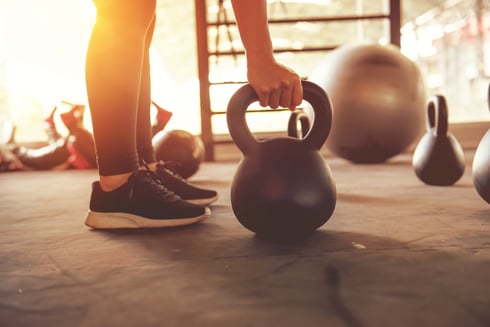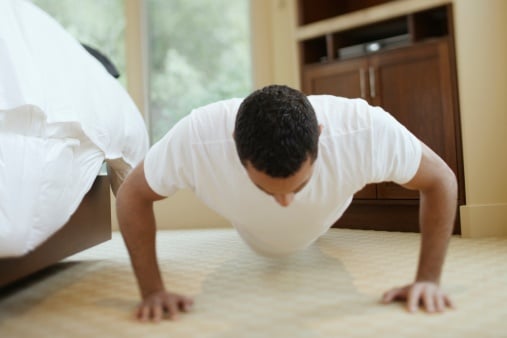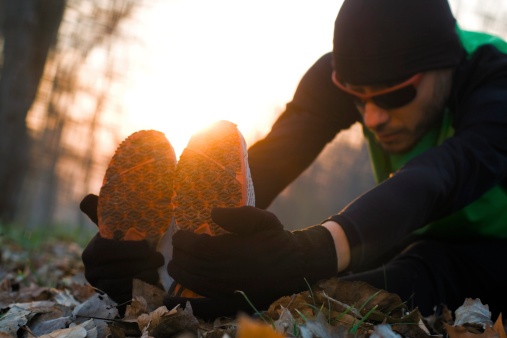Mindfulness
With life’s constant demands, practicing mindfulness can help reduce stress and enhance both physical and mental well-being. Some simple mindfulness practices include journaling, eating slower during one meal, or pausing to notice your surroundings. Mindfulness can also benefit your exercise routine.
For example, when lifting weights, focus on your breathing, the muscles being used, and your body’s movement patterns. Similarly, during endurance exercises like running, pay attention to your foot placement and breathing rhythm. These practices enhance the connection between your mind and body, increasing the effectiveness of your workouts.
Allow your body to guide you—take rest days when needed. Listening to your body helps you recover and perform better. Start with just a few mindful moments every day.
Hydration
Water is crucial for maintaining good health. Dehydration can lead to headaches, cramps, irritability, and reduced stamina. While hydration calculators can estimate your daily needs, remember to account for additional fluids lost during exercise.
Be sure to hydrate before, during, and after a workout. When you're not exercising, drink water when you're thirsty and include foods rich in electrolytes, such as bananas, oranges, watermelon, or spinach. Finding a water bottle that fits into cupholders and is easy to carry ensures you stay hydrated on the go.
Morning Sunlight
Viewing natural sunlight in the morning after waking is a simple way to start your day. Exposure to sunlight helps set your circadian clock, causing a small cortisol spike that boosts alertness and regulates your sleep schedule.
While it’s essential to get natural sunlight, avoid looking directly at the sun to protect your eyes. Limiting blue light exposure before bed also supports better sleep by reducing nighttime cortisol spikes.
 Daily Movement
Daily Movement
Any type of movement, when done safely, is beneficial. Small changes like stretching for 10 minutes in the morning or doing squats and lunges between meetings can add up. If time is tight, consider starting a monthly fitness challenge at work to encourage yourself and coworkers to stay active.
Whether you’re new to the gym or looking to try something fresh, NIFS offers a variety of group fitness classes, from boxing and yoga to TRX and spin. For a personalized approach, take advantage of NIFS’ free Functional Movement Screening for members to learn about your mobility and limitations.
Kick off 2025 on the right track with NIFS! Unleash your inner strength with our Powerlifting Program, designed for all experience levels! Whether you're a beginner or a seasoned lifter, you'll gain expert guidance to improve your technique, build strength, and smash your goals. Sign up today and take the first step toward lifting with confidence and skill!


 Trying to figure out the best time to work out can be a difficult decision when attempting to balance a healthy lifestyle with work, a social life, and other hobbies. Let’s look at the various benefits of working out at certain times of the day compared to others.
Trying to figure out the best time to work out can be a difficult decision when attempting to balance a healthy lifestyle with work, a social life, and other hobbies. Let’s look at the various benefits of working out at certain times of the day compared to others. 
 Okay, so maybe you’re not a morning person, and would much rather remain cozy in your queen-sized bed for several hours after waking up before finally finding the energy and motivation to make your way to the gym during the middle of the day. Maybe you’re the type of person who likes to take care of your priorities first during the day, and then only if left with enough time sneak in a late-afternoon or nighttime workout before ending your day.
Okay, so maybe you’re not a morning person, and would much rather remain cozy in your queen-sized bed for several hours after waking up before finally finding the energy and motivation to make your way to the gym during the middle of the day. Maybe you’re the type of person who likes to take care of your priorities first during the day, and then only if left with enough time sneak in a late-afternoon or nighttime workout before ending your day.
 It’s 5:00 a.m. It’s still pitch-black outside. You have a long day ahead. And the weather forecast on your phone tells you the high temperature for today will be 15 degrees? Talk about not wanting to get out from under those cozy, warm covers. Nevertheless, your day awaits, and you must get up, get going, and try not to think about taking a nap all day.
It’s 5:00 a.m. It’s still pitch-black outside. You have a long day ahead. And the weather forecast on your phone tells you the high temperature for today will be 15 degrees? Talk about not wanting to get out from under those cozy, warm covers. Nevertheless, your day awaits, and you must get up, get going, and try not to think about taking a nap all day.